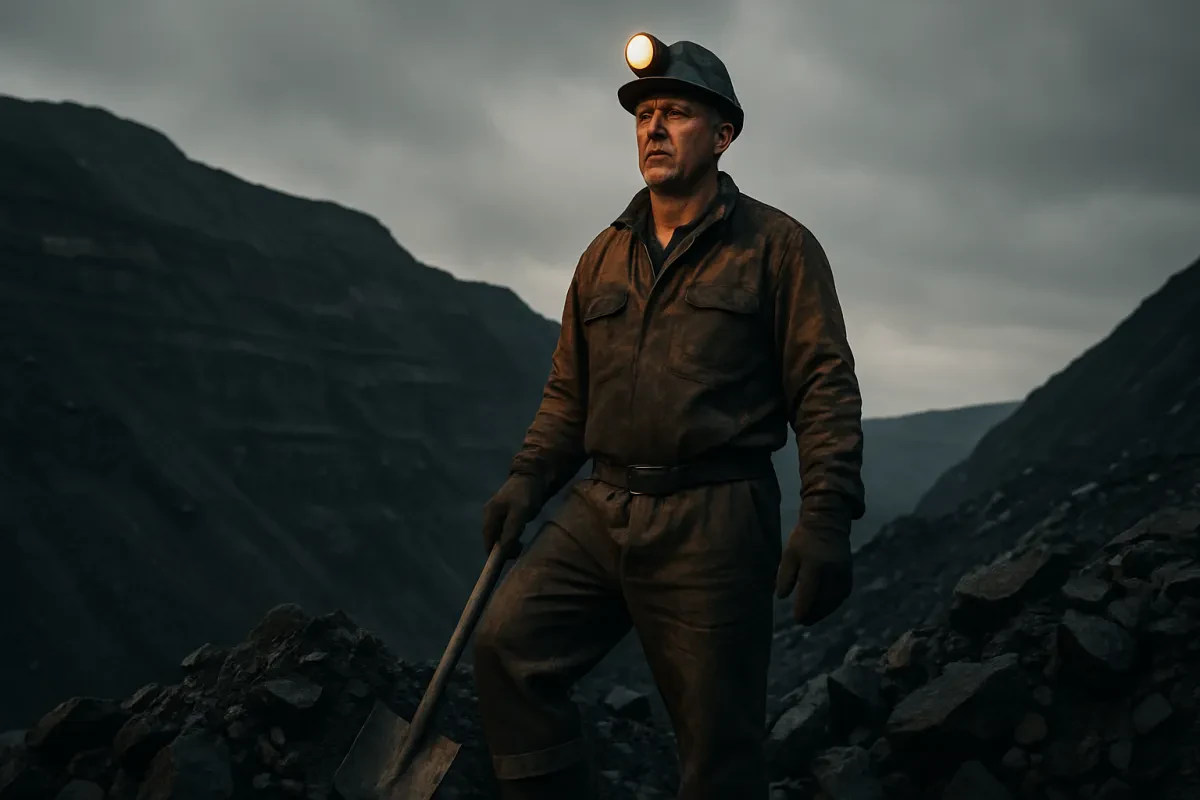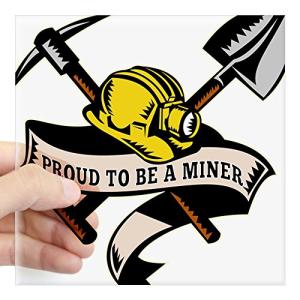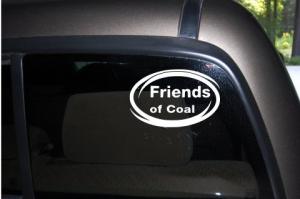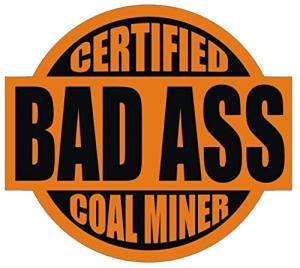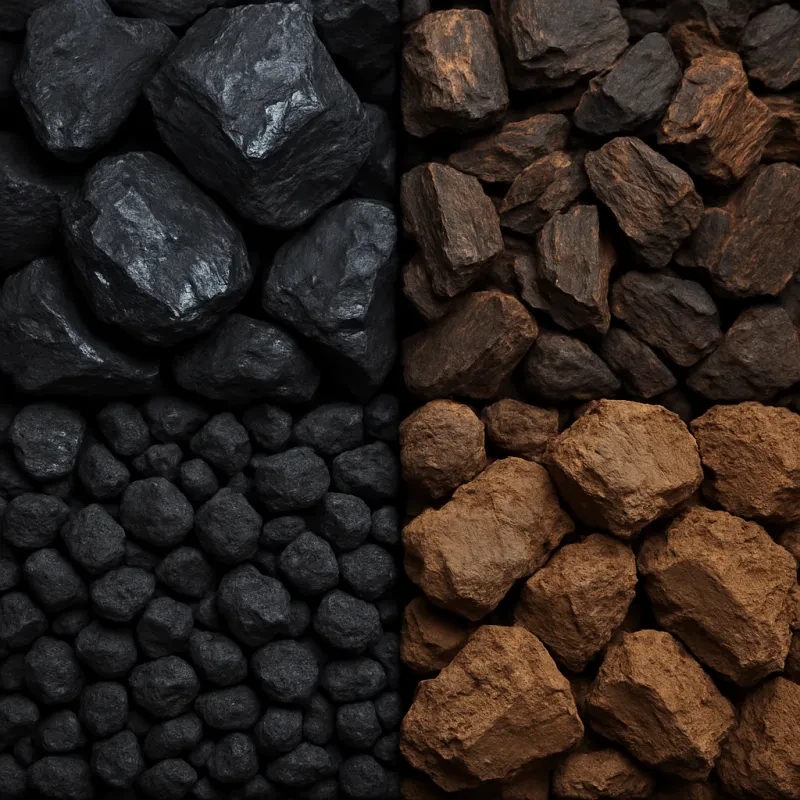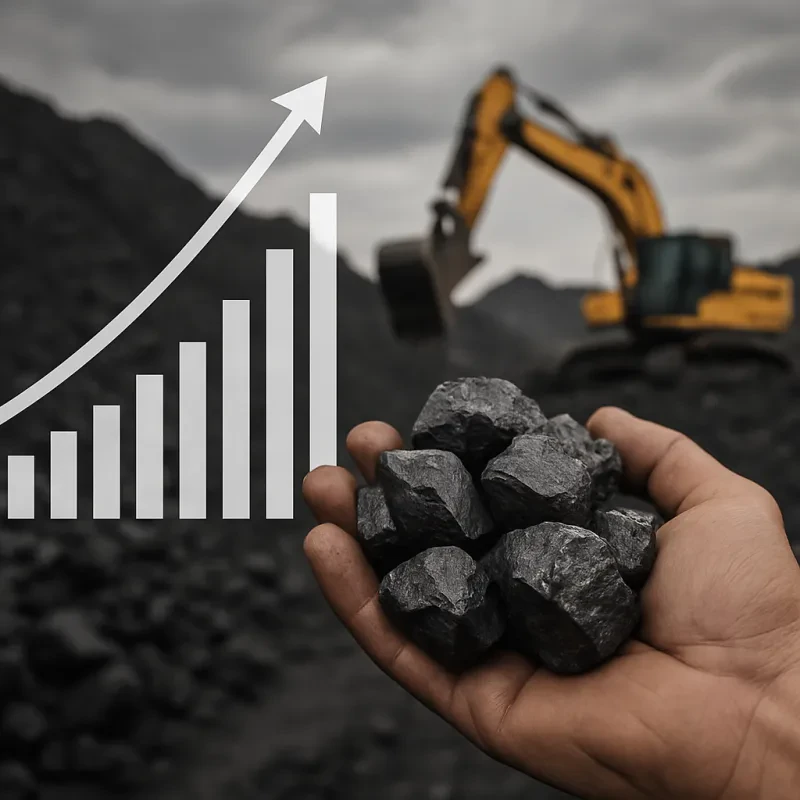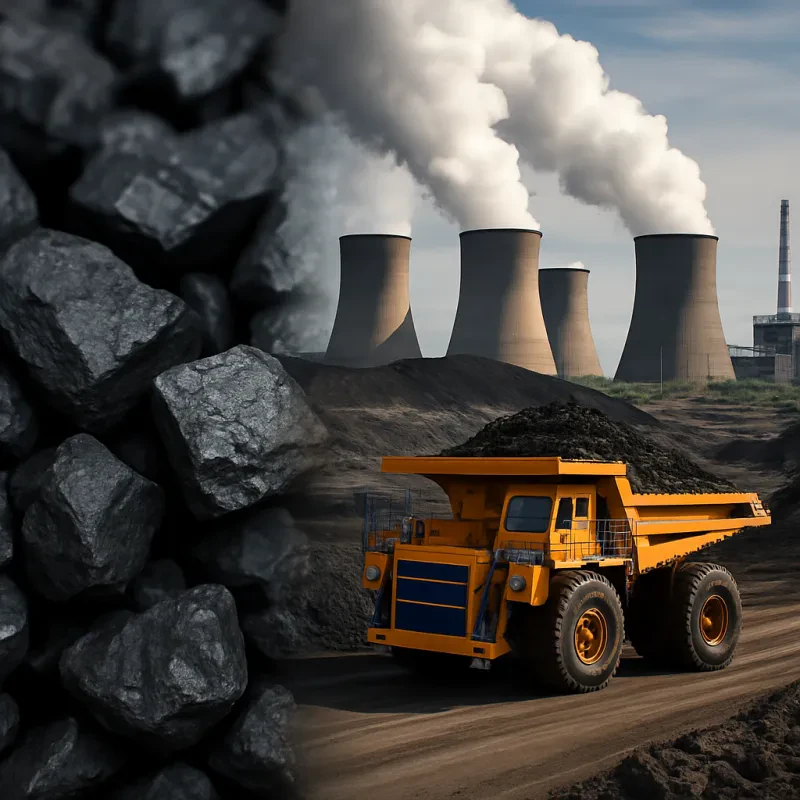The coal mining industry remains a vital part of the energy sector in various regions, especially in states like West Virginia, Pennsylvania, Kentucky, and Wyoming. One common question among those exploring this profession is: “How much does a coal miner make per hour?” The answer depends largely on the job role, experience, location, and type of mining—surface or underground.
This article explores the hourly salaries of coal miners, breaks down the most common mining positions, and provides a detailed description of each job.
Average Coal Miner Salary Per Hour in the U.S.
According to the U.S. Bureau of Labor Statistics (BLS) and industry-specific sources, the average hourly wage for coal miners ranges from $20 to $45, depending on the role and region. Entry-level positions may start at $18 to $22/hour, while experienced underground miners and technicians can earn upwards of $40 to $50/hour.
Common Coal Mining Jobs and Their Hourly Pay
Here’s a breakdown of the most common coal mining positions and their average hourly wages:
1. Underground Miner
Average Pay: $28–$40 per hour
Job Description:
Underground miners extract coal from beneath the earth’s surface. This role involves operating heavy equipment, shoveling coal, installing roof supports, and ensuring proper ventilation in the mine. Underground mining is physically demanding and considered more hazardous than surface mining, so the pay reflects the risk and skill required.
Duties:
-
Operating shuttle cars, continuous miners, and roof bolters
-
Installing roof supports and safety structures
-
Hauling coal to the surface
-
Performing maintenance and safety inspections
2. Surface Miner (Equipment Operator)
Average Pay: $22–$32 per hour
Job Description:
Surface miners operate heavy equipment such as bulldozers, excavators, and draglines to remove overburden and extract coal. These positions are typically less risky than underground mining but still require specialized skills and certifications.
Duties:
-
Operating large machinery like loaders and trucks
-
Clearing debris and overburden from mining areas
-
Transporting coal to processing facilities
-
Assisting in reclamation and environmental efforts
3. Roof Bolter
Average Pay: $26–$38 per hour
Job Description:
A roof bolter installs support bolts into mine ceilings to prevent collapses. This is a critical role in underground mining, as it directly relates to the safety of other miners. It requires operating heavy machinery in confined spaces.
Duties:
-
Drilling holes in mine ceilings
-
Installing steel or resin bolts
-
Inspecting mine ceilings for potential collapses
-
Coordinating with mine safety personnel
4. Continuous Miner Operator
Average Pay: $30–$42 per hour
Job Description:
These operators control machines that cut and gather coal in underground mines. Continuous miners are some of the most advanced equipment used underground, and operating them requires training and precision.
Duties:
-
Operating mechanized machines to cut coal
-
Loading coal onto shuttle cars or conveyors
-
Monitoring dust levels and ventilation
-
Performing maintenance and troubleshooting on equipment
5. Mine Electrician
Average Pay: $32–$45 per hour
Job Description:
Mine electricians install and maintain electrical systems in both surface and underground mines. These professionals ensure that all machinery, lighting, and communication systems operate safely and efficiently.
Duties:
-
Installing wiring and conduit systems
-
Troubleshooting electrical faults
-
Maintaining equipment like pumps, conveyor belts, and lighting
-
Following MSHA (Mine Safety and Health Administration) electrical safety standards
6. Mine Mechanic / Maintenance Technician
Average Pay: $25–$38 per hour
Job Description:
Mechanics and technicians are responsible for maintaining and repairing mining equipment such as haul trucks, loaders, and crushers. This job requires mechanical expertise and often involves long shifts and working in extreme conditions.
Duties:
-
Diagnosing mechanical problems
-
Performing preventative maintenance
-
Replacing worn or damaged parts
-
Keeping detailed maintenance records
7. Blaster / Explosives Technician
Average Pay: $28–$40 per hour
Job Description:
Blasters handle explosives used to break apart rock and coal seams. This job requires certifications, precise timing, and strict adherence to safety regulations.
Duties:
-
Drilling blast holes and setting charges
-
Coordinating blast sequences
-
Inspecting areas post-blast
-
Ensuring safety protocols are followed
8. Mine Safety Inspector / MSHA Inspector
Average Pay: $35–$50 per hour
Job Description:
These inspectors, often employed by government agencies like MSHA, ensure mining operations follow health and safety regulations. They conduct routine inspections and investigate accidents or violations.
Duties:
-
Inspecting work environments for hazards
-
Evaluating safety equipment
-
Reporting compliance issues
-
Educating miners on safety practices
9. Coal Truck Driver
Average Pay: $20–$30 per hour
Job Description:
Coal truck drivers transport raw or processed coal from the mining site to processing plants or storage facilities. They must adhere to strict safety protocols and manage long shifts, often on rural or mountainous roads.
Duties:
-
Driving heavy-duty trucks
-
Loading and unloading coal
-
Conducting vehicle safety inspections
-
Keeping logs of deliveries
10. Mine Foreman / Supervisor
Average Pay: $38–$55 per hour
Job Description:
A foreman oversees daily operations in a section of the mine. This includes managing crews, enforcing safety regulations, and ensuring that production goals are met. The foreman is also the go-to person for incident reports and maintenance issues.
Duties:
-
Supervising and assigning tasks to miners
-
Inspecting equipment and safety procedures
-
Reporting to management
-
Resolving conflicts and addressing worker concerns
Factors That Influence Coal Miner Salaries
Several factors determine how much a coal miner earns per hour:
1. Experience Level
More experienced workers command higher pay. Entry-level miners might start at $20/hour, while seasoned electricians or supervisors can earn double that.
2. Type of Mining
Underground mining usually pays more than surface mining due to increased risks and specialized skill requirements.
3. Location
States like West Virginia, Wyoming, and Pennsylvania tend to offer higher wages due to union presence and higher production volumes.
4. Union Membership
Unionized mines often offer better pay, benefits, and job security compared to non-union operations.
5. Certifications and Specialties
Jobs requiring specialized training—such as blasters or electricians—tend to offer higher hourly rates.
Final Thoughts: Is Coal Mining a High-Paying Job?
While coal mining can be dangerous and physically demanding, it does offer competitive hourly wages. Many positions in the industry pay well above the U.S. median hourly wage, especially for those with experience or technical expertise.
If you're considering a job in coal mining, evaluating your skills, location, and willingness to work in challenging environments will help you determine the best-paying role.
